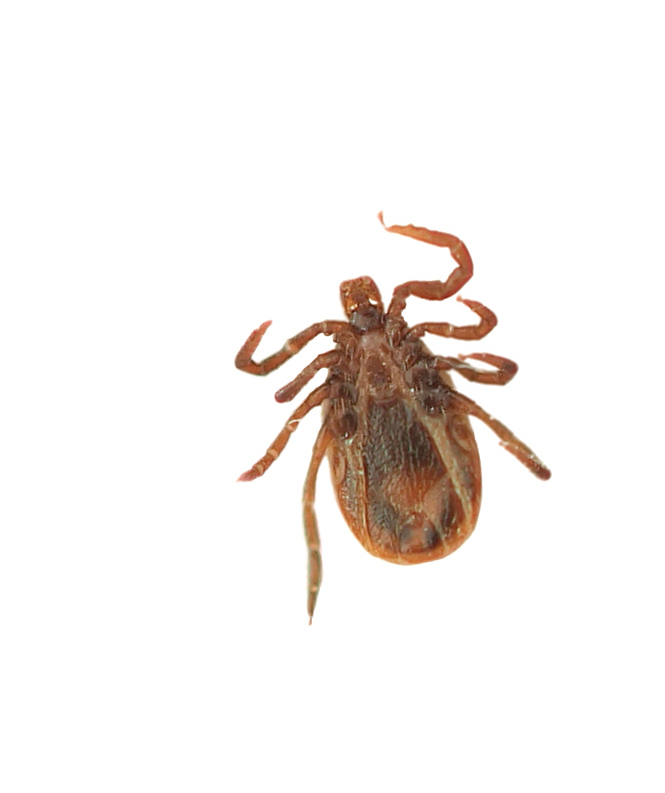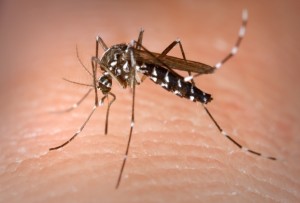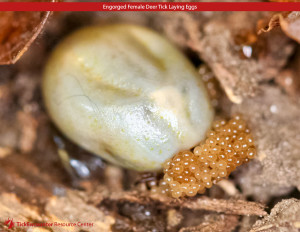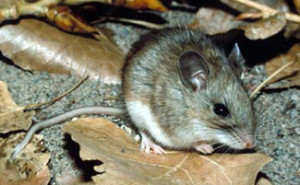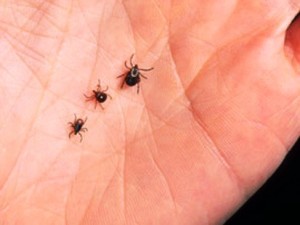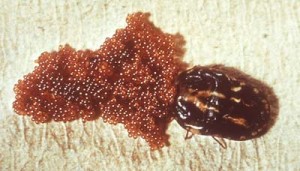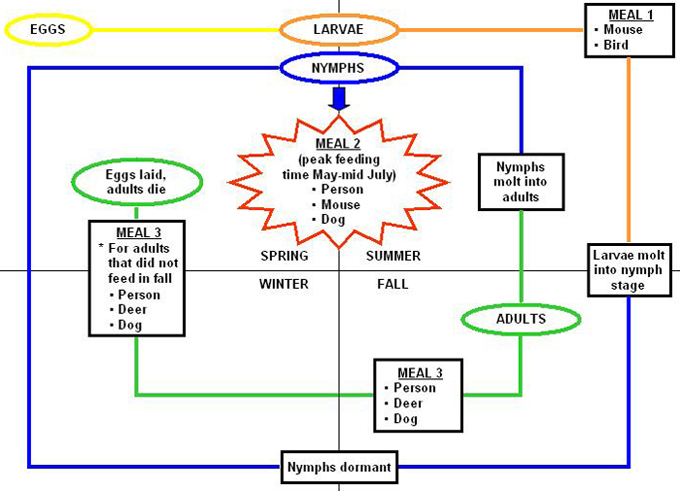Ticks are gross. Not just gross — these ugly bugs can be very dangerous, as they can carry multiple serious diseases, some being potentially fatal.
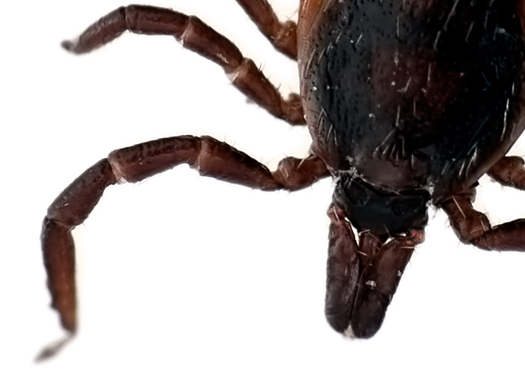
Diseases like Babesiosis, Lyme disease, Rocky Mountain spotted fever, and more. Nobody wants to see themselves or their loved ones deal with a tick-borne illness, and nobody wants to deal with ticks. Well, almost nobody. Consider a tick control specialist for your Westford home and family.
According to the Centers for Disease Control and Prevention, Lyme disease in Massachusetts and all over the Eastern U.S. has reached unprecedented levels in recent years. Middlesex County actually had 779 reported Lyme disease cases in 2016 (the most in the state), an unfortunate distinction nobody wants to brag about. The Town of Westford has some basic information on ticks and what to do if one of them bites you, but wouldn’t you rather avoid them all together?
That’s when you call in the pros.
It just so happens that the same barrier spray treatment used for professional mosquito control also eliminates adult and ticks and fleas. This tick control treatment is wicked effective — it can eliminate up to 95% of ticks on contact. But there is a two-pronged approach that takes tick control to a whole new level, because tick-borne illnesses are no joke and we need to get rid of ticks before they come anywhere near our families.
The Process: How Westford MA Tick Control Works
The first step in a thorough Westford MA tick protection strategy entails spraying a special micro-encapsulated tick control formula around the perimeter of your yard, making sure to get all the shrubbery, foliage (not flowers, though), and surfaces around and underneath patios and decks. But for the ticks, more focus is given than usual around the tall grassy areas, because that’s where ticks usually hang out — breeding, resting, and well, waiting for their next blood meal.

A barrier treatment formula is time released, meaning that after mosquitoes and ticks are eliminated on contact, it will keep on doing its job for up to three weeks after it’s disbursed. Because of this, it has the added benefit of preventing tick eggs from hatching and thus stops the next generation of blood-sucking little monsters. I suggest re-treating your property everything three weeks for season-long protection.
Next is the tick control “bonus round”
Lyme Disease and other tick-borne diseases are usually caused by bacteria transmitted by the deer tick (Ixodes scapularis), but there are other ticks and diseases we need to worry about these days as well. While it’s true that not all ticks are carriers of these illnesses, the only way to tell if a tick is a carrier of anything scary is after we’re bitten. (If you do get bitten, please save your tick after safely removing it and send it to UMass Amherst’s tick testing service, especially if you get sick.) Ticks become infected when they feed on mice and other small animals that are infected. By going “straight to the source” and implementing tick tubes, we’re stopping the cycle of disease before it even starts.
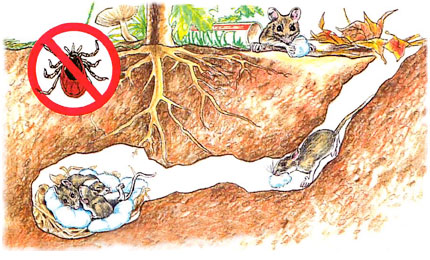
Tick tubes are small tubes made of biodegradable material that are filled with cotton treated with a solution that is fatal to ticks. Mice find these and carry some of the cotton underground to build their nests. When a tick bites one of these mice, they’re eliminated shortly after. Tick tubes are an extremely effective proactive measure to take. It can reduce the ticks in your yard by up to 90% because it destroys the tick population before they’re able to multiply.
Prefer an Organic Tick Treatment Approach?

While professional tick control products are EPA-registered, there are also all-natural tick treatment solutions for those of us who prefer to stay as eco-conscious as possible. This barrier spray solution was developed based on essential oils, focuses more on repelling pests than eliminating them. It’s not quite as effective as a vtraditional mosquito and tick control treatment, but it’s still pretty powerful — most customers notice a reduction in yard pests between 65-80%. Also a time-released formula, this all-natural approach lasts for up to two weeks before needing reapplication.

